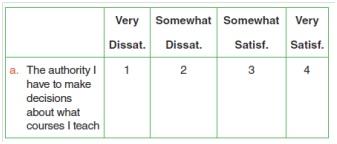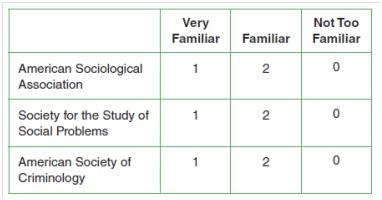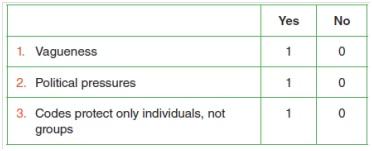Investigating the Social World
Discussion Questions
- Response rates to phone surveys are declining, even as phone usage increases. Part of the problem is that lists of cell phone numbers are not available and wireless service providers may not allow outside access to their networks. Cell phone users may also have to pay for incoming calls. Do you think regulations should be passed to increase the ability of survey researchers to include cell phones in their random digit dialing surveys? How would you feel about receiving survey calls on your cell phone? What problems might result from “improving” phone survey capabilities in this way?
- In-person interviews have for many years been the “gold standard” in survey research because the presence of an interviewer increases the response rate, allows better rapport with the interviewee, facilitates clarification of questions and instructions, and provides feedback about the interviewee’s situation. However, researchers who design in-person interviewing projects are now making increasing use of technology to ensure consistent questioning of respondents and to provide greater privacy for respondents answering questions. But having a respondent answer questions on a laptop while the interviewer waits is a very different social process than asking the questions verbally. Which approach would you favor in survey research? What trade-offs might there be in quality of information collected, rapport building, and interviewee satisfaction?
- Each of the following questions was used in a survey that I received in the past. Evaluate each question and its response choices using the guidelines for writing survey questions presented in this chapter. What errors do you find? Try to rewrite each question to avoid such errors and improve question wording.
- From an InfoWorld (computer publication) product evaluation survey:
How interested are you in PostScript Level 2 printers? ____Very ____Somewhat ____Not at all - From the Greenpeace National Marine Mammal Survey: Do you support Greenpeace’s nonviolent,
direct action to intercept whaling ships, tuna fleets, and other commercial fishermen to stop their
wanton destruction of thousands of magnificent marine mammals? ____Yes ____No ____Undecided - From a U.S. Department of Education survey of college faculty:
How satisfied or dissatisfied are you with each of the following aspects of your instructional duties at this institution?


d. From a survey about affordable housing in a Massachusetts community:
Higher than single-family density is acceptable to make housing affordable.

e. From a survey of faculty experience with ethical problems in research:
Are you reasonably familiar with the codes of ethics of any of the following professional
associations

If you are familiar with any of the above codes of ethics, to what extent do you agree with them?
Strongly Agree____ Agree____ No opinion____ Disagree____ Strongly Disagree____
Some researchers have avoided using a professional code of ethics as a guide for the following reasons. Which responses, if any, best describe your reasons for not using all or any of parts of the codes?

F. From a survey of faculty perceptions:
Of the students you have observed while teaching college courses, please indicate the percentage who significantly improve their performance in the following areas.
Reading ____%
Organization ____%
Abstraction ____%
G. From a University of Massachusetts Boston student survey:
A person has a responsibility to stop a friend or relative from driving when drunk.
Strongly Agree____ Agree____ Disagree____ Strongly Disagree____
Even if I wanted to, I would probably not be able to stop most people from driving drunk.
Strongly Agree____ Agree____ Disagree____ Strongly Disagree____
